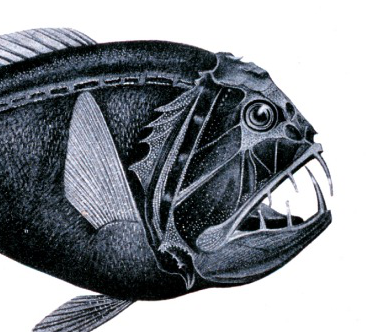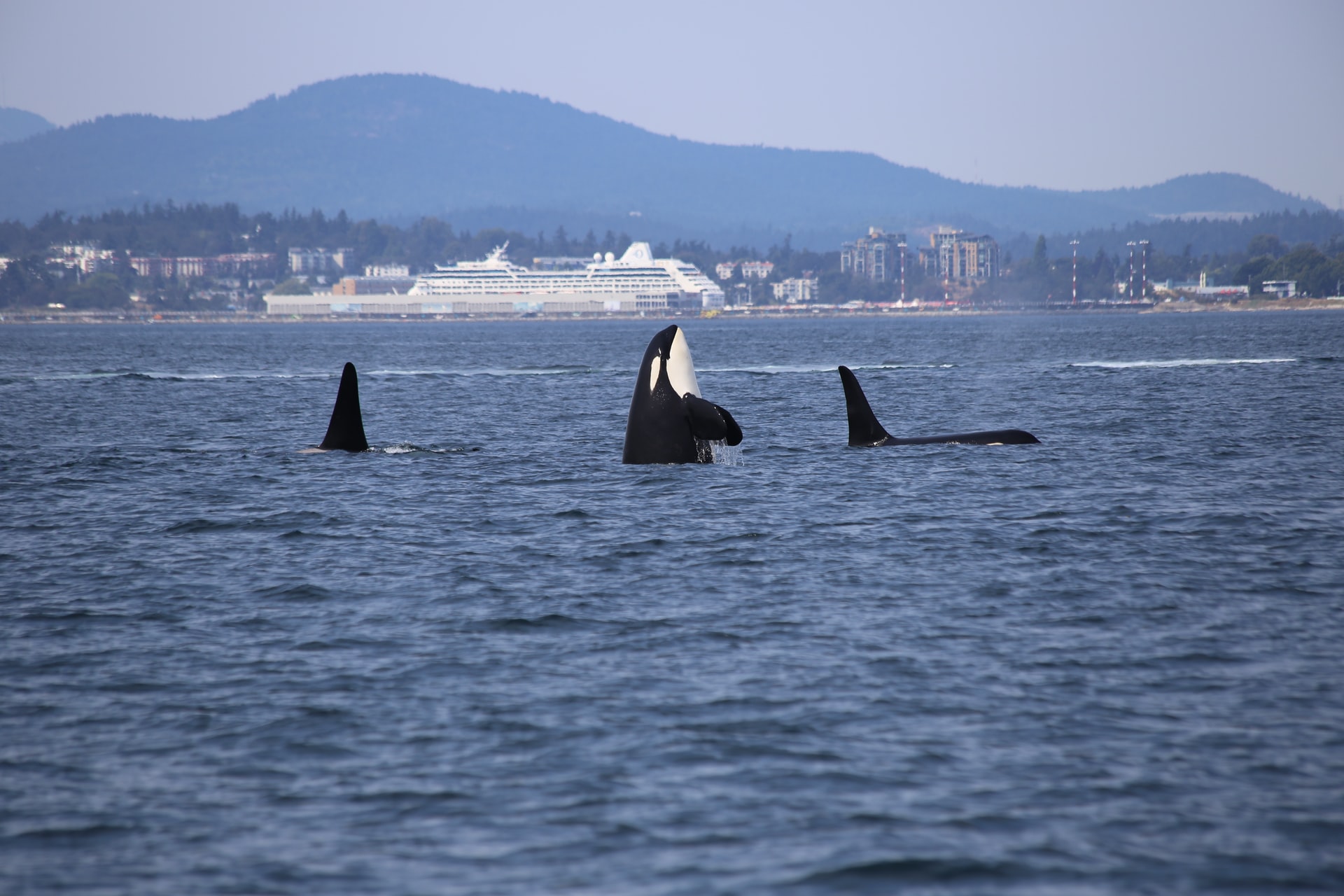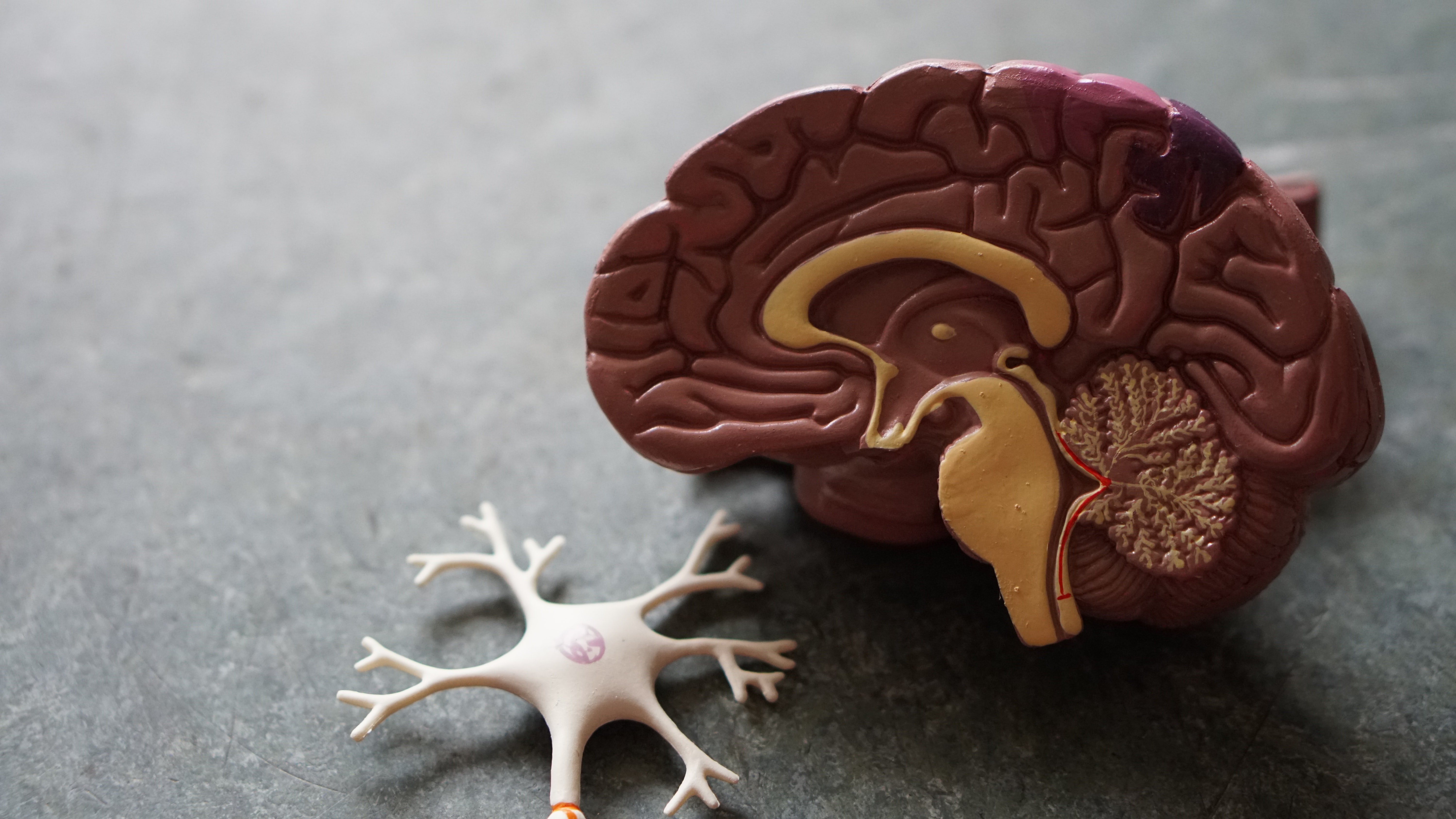Reference: Krüger, Alena, et al. “Transcriptome analysis reveals a high aerobic capacity in the whale brain.” Comparative Biochemistry and Physiology Part A: Molecular & Integrative Physiology 240 (2020): 110593. https://doi.org/10.1016/j.cbpa.2019.110593
Like other mammals, whales breathe air through their lungs, but they live in the ocean and often can’t take a breath for up to two hours. In any human, such prolonged air deprivation would cause stroke-like brain damage.

Nerve cells rely on a steady supply of oxygen to fulfill their enormous need for energy. Hypoxia, or shortage of oxygen, kills nerve cells within minutes, which happens when humans have strokes. So why don’t whales suffer brain damage despite their underwater lifestyle?
Scientists at the University of Hamburg in Germany studied the brains of several whale species to see if their molecular composition offered any answers. They discovered that whale brains likely survive hypoxia by activating genes that keep nerve cells from dying.
Racking brains
The research team studied the brains of orcas, long-finned pilot whales, minke whales, and bowhead whales. They compared whale brains to the brains of cows – whales’ land relatives who would certainly suffer brain damage during hypoxia.
To study the brains, the researchers turned to a technique called RNA sequencing. This method identifies all the genes that are active in certain cells or tissues. It allowed the scientists to untangle if any genes were more active in the whale brains than in the cow brains.
It was fairly easy for the researchers to get cow brains from a slaughterhouse, but obtaining whale brains was much harder because whales aren’t killed for research. The scientists managed to secure the brain of a young orca who had died stranded and a long-finned pilot whale who had been hunted during traditional whaling on the Faroe Islands. Luckily, studies on gene activity in minke and bowhead whale brains had already been published, so the team used readily available data.
A gulp of air
The scientists found that in the whale brains, genes that control the production of energy from oxygen were about five times more active than in the cow brains. This difference in gene activity may mean that whale brains are very efficient with whatever little oxygen they have underwater.

But lack of energy isn’t the only thing that destroys nerve cells. When the oxygen supply is normal, converting oxygen to energy always produces reactive oxygen species as an unfortunate side effect. These harmful molecules can wreak havoc on a nerve cell but are routinely kept at bay by antioxidant molecules. But if a cell survives an oxygen cut, it cranks up energy production as soon as the supply is re-established, releasing a destructive horde of reactive oxygen species upon itself. This massacre should happen in the brains of whales when they resurface for air – but it doesn’t!
The research team discovered that genes that create antioxidants are very active in whale brains. One such antioxidant molecule, peroxiredoxin-6, is as much as a hundred times more abundant in the brains of whales than cows. When a whale finally takes a breath, such great activity of antioxidant molecules may subdue the toxicity of reactive oxygen species, keeping whale brain cells from being overwhelmed with their first gulp of oxygen in two hours.
Don’t hold your breath
Cows and whales alike cannot breathe underwater, but whales have evolved to survive without breathing for a long time. Not only do they have no problem feeding and talking to each other while holding their breath, but their brains also aren’t destroyed by the lack of oxygen.
Whales don’t have underwater strokes because their nerve cells use oxygen very efficiently and maintain an army of antioxidants that neutralize harmful by-products of energy production. If we learn more about how whale brains protect themselves from hypoxia, maybe one day we can protect the human brain too. Doing this could help develop better treatments for stroke patients or even help firefighters rescue people from burning buildings without earning lasting brain damage.
I am a PhD candidate at Northeastern University in Boston. I study regeneration of the nervous system in water salamanders called axolotls. In my free time, I like to read science fiction, bake, go on walks around Boston, and dig up cool science articles.



